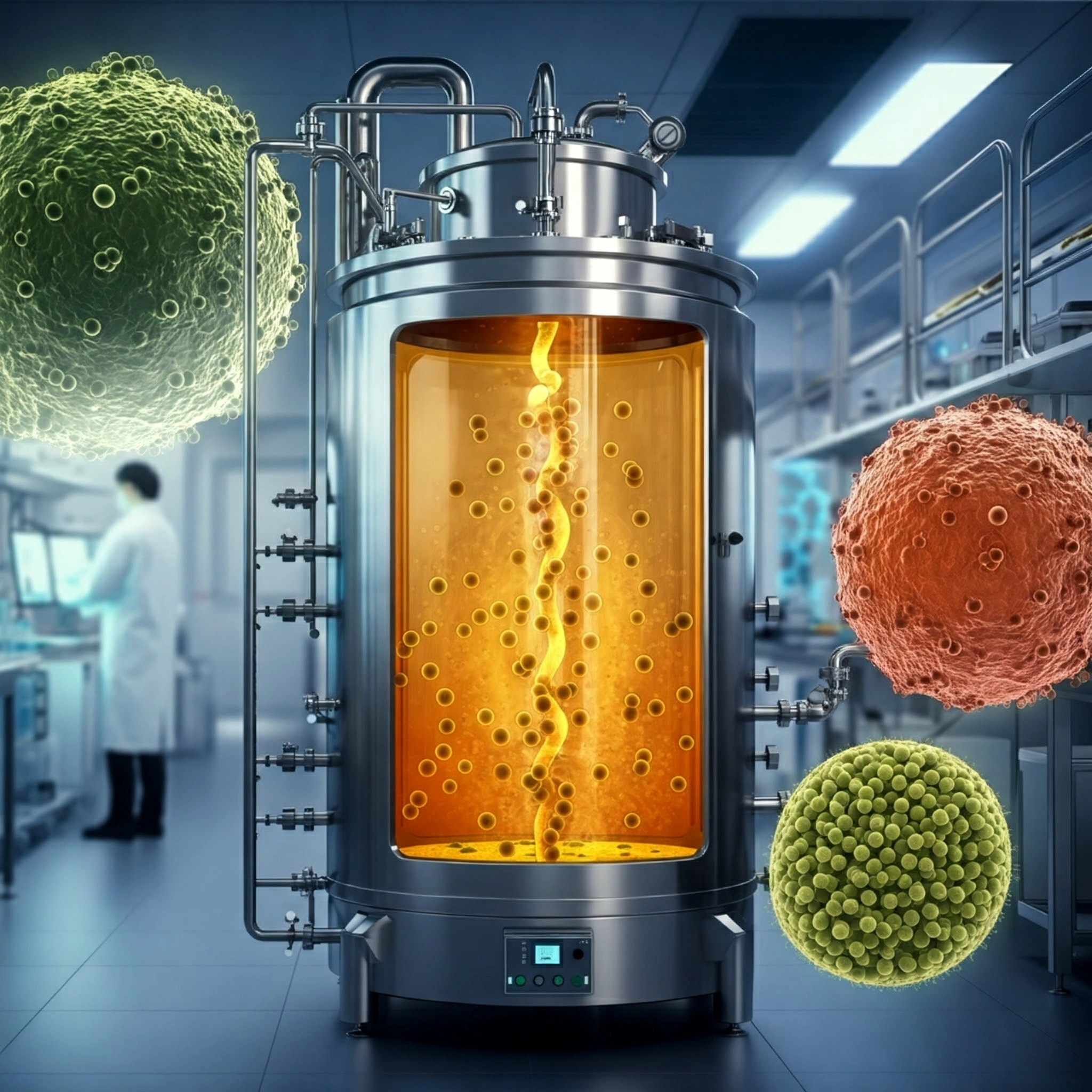Full paper : https://ouo.io/2VB14F
A quiet revolution is brewing in the food industry, driven by a technology called precision fermentation. This innovative approach uses microbial hosts like yeast and fungi to produce a wide range of food ingredients, particularly proteins, offering a potentially more sustainable and ethical alternative to traditional animal agriculture. While still a relatively niche field, precision fermentation is attracting significant investment and attention, promising to reshape how we produce and consume food in the coming years.
Unlike traditional fermentation, which uses microorganisms to create products like beer or bread, precision fermentation involves genetically engineering these microbial hosts to produce specific target molecules. By inserting the genes responsible for producing animal proteins, like casein or whey, into these microorganisms, companies can effectively “brew” these proteins in large bioreactors, similar to brewing beer. The result is a product that is molecularly identical to animal-derived proteins but produced without the need for raising and slaughtering animals.
This technology has the potential to address several pressing challenges associated with conventional animal agriculture. It offers a significantly smaller environmental footprint, requiring less land, water, and energy, and producing fewer greenhouse gas emissions. It also eliminates ethical concerns related to animal welfare and the use of antibiotics and hormones in livestock production.
“Precision fermentation is poised to disrupt the food industry in a profound way,” says a food tech analyst specializing in alternative proteins. “It allows us to produce high-quality proteins with a fraction of the environmental impact of traditional methods. This is crucial as the global demand for protein continues to rise, putting increasing pressure on our planet’s resources.”
Several companies are already making strides in this space. Perfect Day, for example, is using precision fermentation to produce dairy proteins that are being used in ice cream, cream cheese, and other products. The EVERY Company (formerly Clara Foods) is focused on producing egg proteins, while others are working on creating everything from collagen to muscle proteins for meat alternatives.
However, challenges remain. Scaling up production to meet commercial demand, achieving price parity with conventional animal products, and gaining consumer acceptance are significant hurdles. Furthermore, regulatory frameworks for these novel food ingredients are still evolving in many parts of the world.
Despite these challenges, the potential of precision fermentation is undeniable. As the technology continues to mature and costs come down, it’s likely that we’ll see an increasing number of products made using this innovative approach on supermarket shelves. This could pave the way for a more sustainable, ethical, and resilient food system, capable of meeting the needs of a growing global population without compromising the health of our planet.
Other niche tech stories that are making waves:
- Vertical Farming’s Technological Advancements: Using technology like LED lighting, hydroponics, and automation, companies are growing crops in stacked layers indoors, promising higher yields, reduced water usage, and year-round production in urban environments.
- The Development of Lab-Grown Diamonds: Chemically and physically identical to mined diamonds, lab-grown diamonds are becoming increasingly popular as a more sustainable and ethical alternative in the jewelry industry.
- Acoustic Levitation for Contactless Manufacturing: Using sound waves to levitate and manipulate objects without physical contact, this technology has potential applications in pharmaceuticals, materials science,
